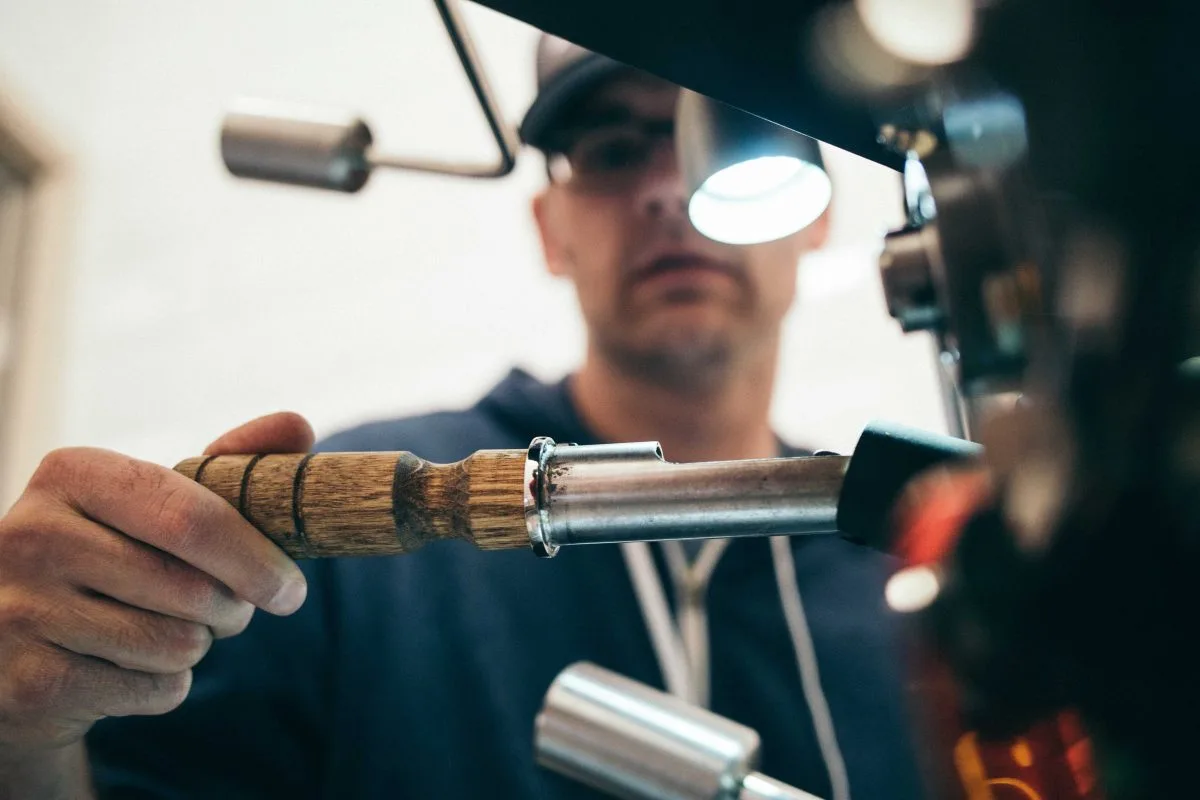HANDYMAN LICENSING
How to Get a Handyman License in Florida (2025 Guide)
What You’ll Learn
When a Florida handyman license is required
- Which repairs and remodeling jobs need state or county registration
- Step-by-step guide to getting licensed
- Costs, forms, and insurance requirements
- How to build and scale your handyman business
Do You Need a Handyman License in Florida?
Florida doesn’t require a statewide handyman license for general repair or maintenance work. But the moment your work touches specialized trades or structural elements, you’ll need a contractor license from the Florida Department of Business and Professional Regulation (DBPR).
You don’t need a license for:
- Painting, caulking, or sealing
- Minor drywall patching
- Installing trim or flooring
Basic landscaping or pressure washing
You do need a license for:
- Plumbing, electrical, HVAC, or roofing work
- Structural framing, load-bearing walls, or major remodeling
- Any job valued at $2,500 or more (in most counties)
Pro Tip: Many counties and cities in Florida require local handyman registration even if the state doesn’t. Always check with your county’s building department before taking new jobs.
Step-by-Step: How to Get Licensed in Florida
- Decide your license type
If you plan to offer structural, plumbing, or electrical work, you’ll need one of these:- Certified Contractor License – lets you work anywhere in Florida
- Registered Contractor License – limits you to specific counties or cities
- Meet experience and education requirements
You’ll need:- Four years of trade experience (education can count toward this)
- Proof of financial stability and good credit
- A passing score on a state-approved exam
- Apply with the Florida DBPR
Submit your Certified or Registered Contractor Application with:- Proof of experience and references
- Fingerprints and background check
- Application and exam fees
- Pass the state exams
- Business & Finance exam
- Trade-specific exam for your license type
- Provide insurance and a surety bond
- Minimum $300,000 liability insurance
- Worker’s compensation coverage (if you have employees)
- Surety bond up to $20,000, depending on financial history
- Pay your fees and register your business
- Application fees: $249–$354 depending on license type
- Renewal every two years
Local Registration Rules
Even if you only do small handyman work, many Florida counties require you to register locally.
Examples:
- Miami-Dade County: registration required for general repair work
- Broward County: requires competency cards for specialty trades
- Orange County (Orlando): local business tax receipt needed
Check your county contractor licensing office for specific forms and fees.
Avoid Common Mistakes Pros Make
- Taking on electrical or plumbing work without the right license
- Skipping local registration requirements
- Working without liability insurance
- Advertising “contractor services” without a license
Grow Your Handyman Business Once You’re Licensed
Getting licensed is just the start — running your business efficiently is what helps you grow.
Housecall Pro helps Florida handymen:
- Schedule and dispatch jobs in seconds
- Send digital estimates and collect deposits
- Get paid on-site or online (no waiting on checks)
- Request reviews automatically to build your reputation
Start fast: Try Housecall Pro free for 14 days and get everything you need to run and grow your handyman business.
Quick Facts: Florida Handyman License 2025
| Requirement |
Details |
| Governing agency | Florida Department of Business and Professional Regulation (DBPR) |
| State license required? | Only for structural or trade work |
| Local registration | Required in most counties |
| Experience required | 4 years (or equivalent education) |
| Exams | Business & Finance + Trade exam |
| Insurance | $300K liability + worker’s comp |
| Renewal | Every 2 years |
Helpful Resources

Other industry licenses

Other industry licenses
LEARN FROM THE PROS
Helpful content for the trades
Explore our collection of helpful articles written by top experts in their field to seasoned pros in the field. Strengthen your field service knowledge and stay current on the latest industry topics and trends.
